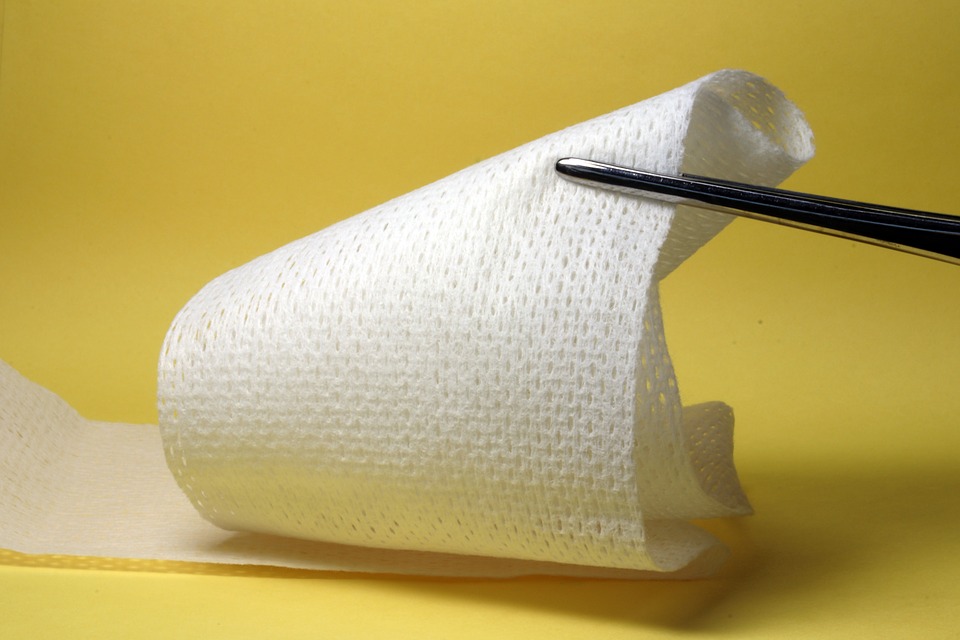A debilitating injury can mean much more than being out of work. If you have a family, you risk losing everything that makes their life stable and comfortable. As every provider understands, you want nothing more than to make a safe and happy home for your family. By hiring and working with the right workers compensation lawyer Denver way, or wherever you might be based, you can explain your concerns and work to fix the issues with a professional.
The truth is that there is still hope after a work injury has placed you on the sidelines. All you need to know are the right paths to travel to find the funding you need to maintain your family’s life. In addition to getting things like short-term disability insurance, here are a few tips on how to keep the bills paid when you’re injured at work.
File your workers’ compensation request
Once you are injured on the job, there are a string of events that will follow. You need to report your injury as soon as possible, even if it’s just to have the hospital file the report with your employers. Your injury report is the foundation for receiving your workers’ compensation check in haste.
Once you are out of work for seven days due to an injury, you are entitled to workers’ compensation. You get two-thirds of your regular pay, and your income should resume within 21 days of filing. Otherwise, you will need a workers’ comp lawyer to help file a suit for your claim to be honored.
File for disability compensation
If you are permanently disabled from your work injury, you have the right to file for social security disability compensation. Your SSDI can help pay for your medical bills and ongoing care costs.
As of the beginning of 2018, the average SSDI benefit check was close to $1,200 a month. It may take up to six months to hear a decision on your application, and you may even be denied the first time you apply. Keep applying, and if necessary, hire a lawyer.
Apply for other government-funded programs
Other programs like the SNAP (or food stamp) program can help to supplement your lost income. SNAP benefits will ease the financial burden of supplying plenty of food for yourself and your family.
Don’t worry about the heating a cooling bill, either. Check into what the Low Income Home Energy Assistance Program (LIHEAP) can do to help you make ends meet when the energy bill gets crazy. They will also help you to adequately weatherize your home.
Eliminate all unnecessary expenses
When you’re injured and can no longer work, you may need to change the way you spend. It won’t hurt the family to cut out some unnecessary expenses. You don’t need all of the mobile channels on your Roku. You don’t need three cars. Take inventory of where your money goes, and trim the fat.
